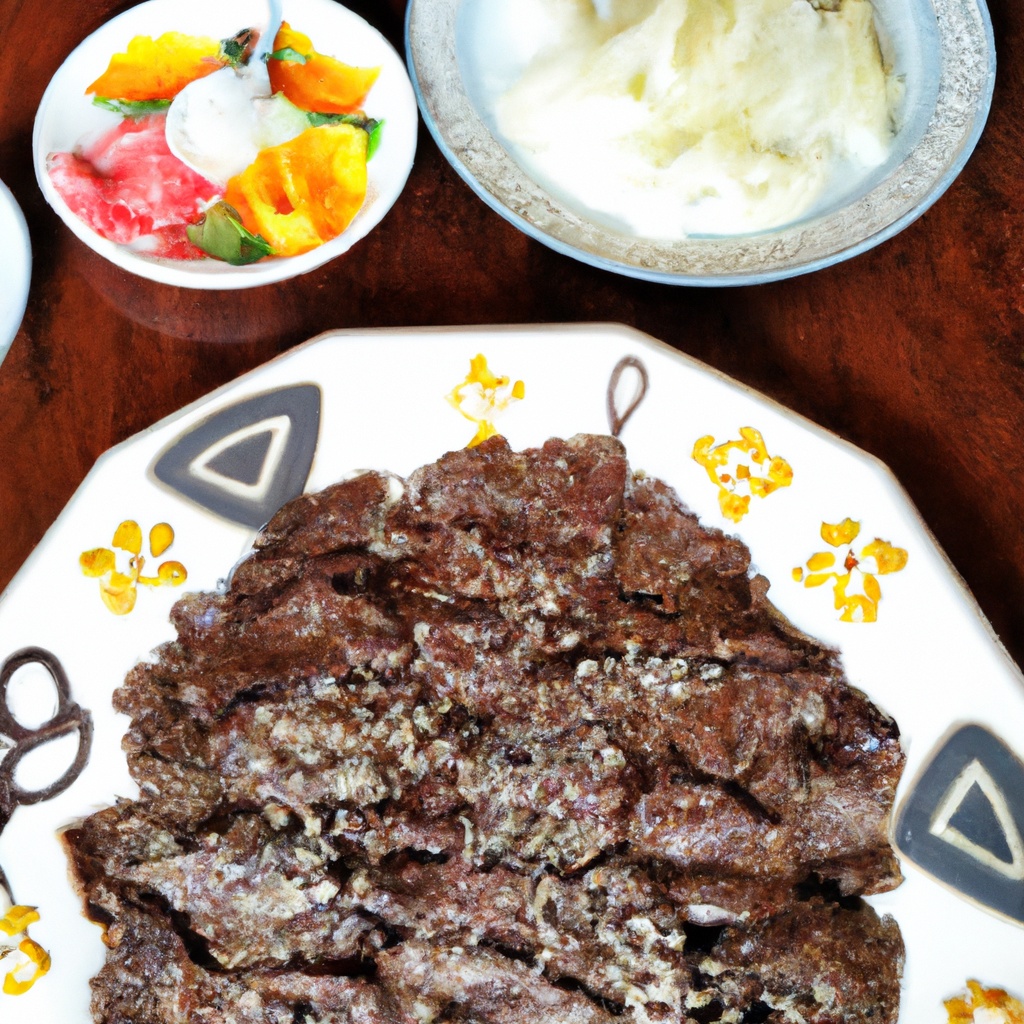PROS
This Korean-style barbecued beef recipe is packed with flavor and easy to prepare.
The marinade includes healthful ingredients like gingerroot and Asian pear.
CONS
The beef needs to marinate for at least 30 minutes, so it’s not the quickest meal to prepare.
HEALTH & BENEFITS
This beef recipe contains protein which is essential for building and repairing muscles.
Gingerroot is known for its anti-inflammatory properties and may help reduce muscle pain and soreness.
Asian pear is also rich in fiber, vitamins, and antioxidants.



/rating_off.png)
Leave a Reply